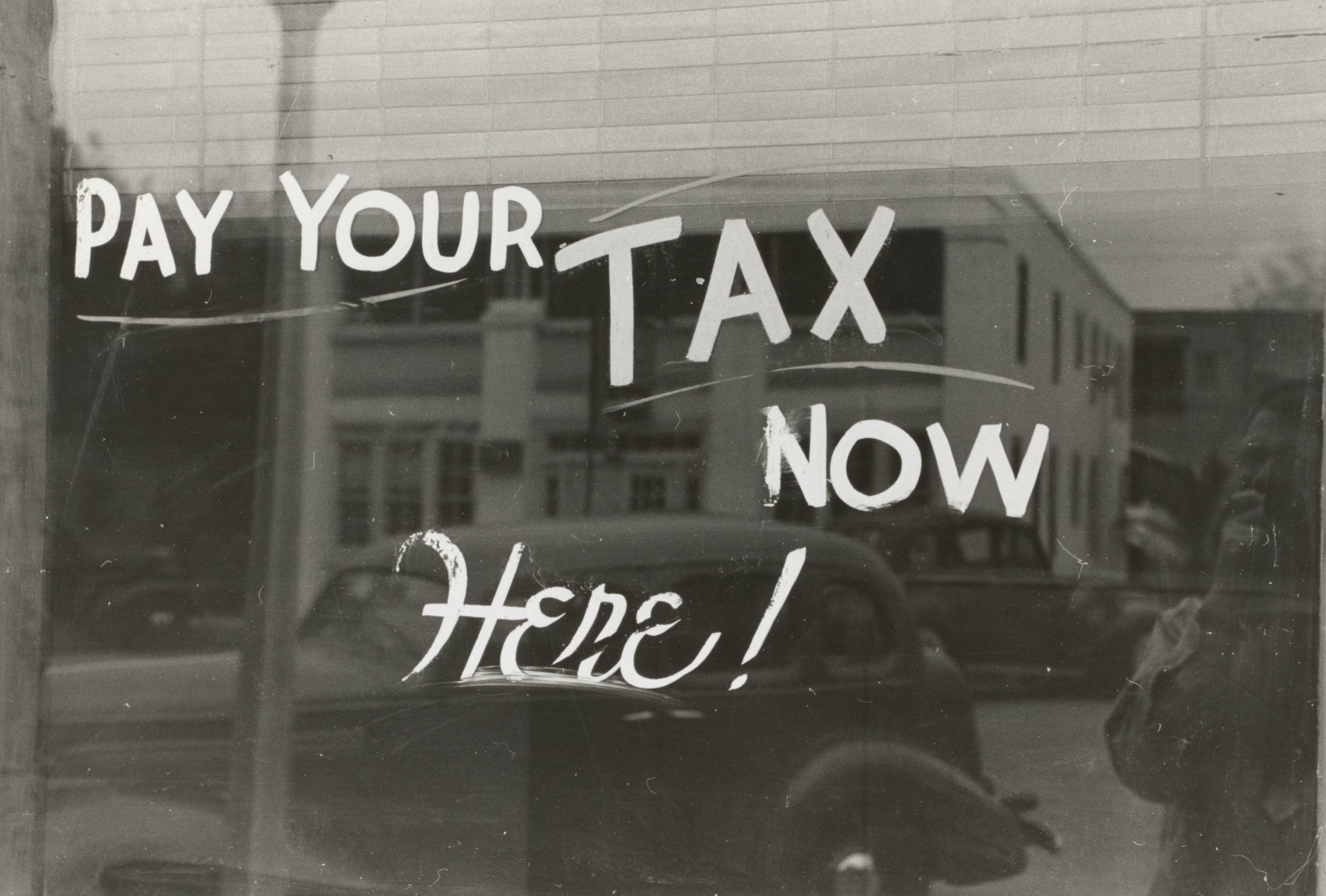I’ve said it before and I’ll say it again, I hate taxes. But the reality is you can’t avoid them, so you need to know how to pay the game.
Approximately a week ago, it was announced that President Joe Biden would try to make good on his campaign promise of raising capital gains taxes on the wealthy. According to an article published in Bloomberg on April 22nd, 2021, by Laura Davison and Allyson Versprille, “For those earning $1 million or more, the new top rate, coupled with an existing surtax on investment income, means that federal tax rates for wealthy investors could be as high as 43.4%.” A tax rate increase of this magnitude was alarming for a lot of people and as usual twitter was buzzing with perspective.
But here is the reality, to truly understand the magnitude of this proposal and who it affects you have to understand what Adjusted Gross Income or AGI means to the IRS.
According to the IRS in 2018, there were 3.5 millionaires per 1000 returns filed by Americans. This equates to 0.35% of American tax paying citizens. Thus 99.65% of the population won’t be directly affected by this increase in capital gains tax. However EVERYONE can benefit from understanding how to avoid capital gains taxes. So here are five ways to avoid capital gains taxes.
1. Stop Day/Swing Trading.
If you’re trying to avoid capital gains taxes and you’re a day/swing trader, you’re shooting yourself in a the foot (unless its an tax-advantaged account). With the increase in retail trading patterns, there has also been multiple reports of the consequences such as not adhering to the wash-sale rule.
2. Be a long-term investor
The tax law typically favors long-term investments. A long term investment is one that is held for a year or more. Prior to 2018 the long-term capital gains taxes were more aligned with income tax brackets, however following the Tax Cuts and Jobs Act (TCJA) changed that. Thus if you want to pay less money to the government, hold for periods longer than a year or never sell.
3. Maximize/Prioritize Tax Advantaged Accounts
This should be common sense, but as we know common sense ain’t common. Between employer sponsored retirement accounts (think 401K/403b/457), self-directed (Roth and Traditional) and sep-ira, there are plenty of ways to decrease your tax burden and capital gains exposure. Yet not enough of us take advantage.
You’re employer sponsored IRA, allows you to put up to $19,500 dollars per tax year, yet less than 15% of people in the U.S. maximize this account. Additionally required minimum distributions occur after the age of 72 which will likely place you in a lower tax bracket if you’re likely retired.
4. Offset your capital gains with capital losses.
Tax-loss harvesting is an option to off-set your capital gains. However like the utilization of the tax-advantaged accounts, its not widely used by everyday investors. The reality is you can offset up to $3000 in capital gains by selling an investment at a loss up to $3000. So on your taxes you have $0 dollars in capital gains. I hate taxes, so I am a fan of anything that lowers my tax burden.
5. Don’t look wealthy on paper.
Look, paying a crap ton in taxes is not a flex. You worked hard for that money, why would you give a significant portion back to the government who may not have done anything to help you earn that money. It makes no logical sense in my mind. Granted, tax theoretically help infrastructure and the public. I am all for that, but excessive taxation is not an incentive for people to work harder.
With that being said, you need to plan your taxes before hand. Work with a CPA and financial planner if need be but you need to figure out a way to decrease your tax exposure.
Did you know you can deduct up to 60% of your adjustable gross income from your taxes via charitable giving? I promise you there are few outside of the uber wealthy who do this each year. Donor advised funds are another great way to do this and Carson Wealth has a great article on how to take advantage of them for tax purposes.
Charitable giving isn’t your only option. Real estate investments, opportunity zone funds, and small business investments are some other examples.
Bottom line, if you’re worried about capital gains taxes, there are ways to decrease the impact on your finances, you just need to put the work in to do so. Lastly don’t forget, taxes do serve a purpose and when don’t always see the bigger picture on how it helps society.
As always if you have questions or concerns regarding creating an emergency fund, investing, real estate, insurance, or planning for the future, don’t be afraid to speak with qualified financial advisor. Smart Asset has a great tool to find an advisor in your area or feel free to email me (contact@surgifi.com) to help you on your path to financial independence.
Follow us on Social Media



[…] Capital Gains Suck, here are 5 Ways to Avoid Them […]